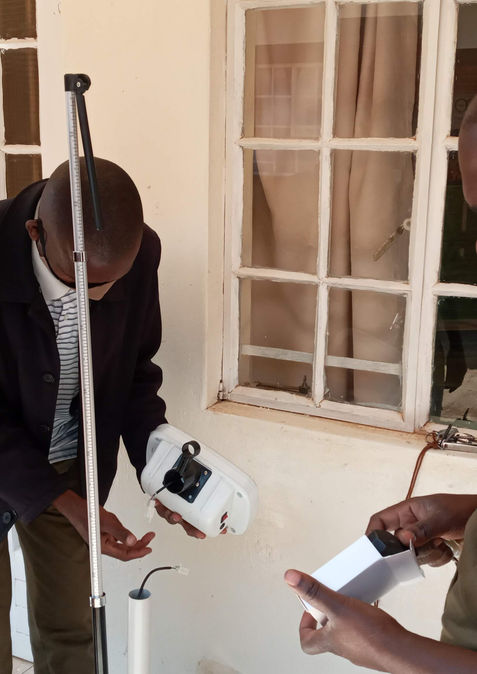
Our work in Prisons
Primary Healthcare Services
Malawi's prisons are operating at over 200 percent capacity, and the HIV prevalence rate among inmates is up to three times that of the general population. Yet, fewer than eight of Malawi's 30 prisons have healthcare facilities on-site. In such conditions of overcrowding and limited resources, prisoners are highly susceptible to HIV, TB, and skin infections.
We collaborate with District Health Offices and offer logistical support to guarantee that Clinical Officers from District Hospitals make weekly visits to prisons. They provide medical care and meet the healthcare needs of the inmates, ensuring that prisoners receive the same level of primary healthcare services available to the community outside.
Past funding partners in our prison health programme include PEPFAR through the U.S. Embassy in Lilongwe, the Pollination Project and the United Nations Office on Drugs and Crime, UNODC
Vocational Skills Training
In Malawi, the majority of prisoners possess limited education, and approximately a third are jobless at the time of their arrest. Upon release, most do not have employment awaiting them, leaving them to confront the same challenging circumstances that may have contributed to their initial incarceration.
We offer short-course, competency-based, and market-driven technical and vocational training that equips prisoners with practical skills. These skills can lead to gainful employment upon their release and return to their communities. Course offered include welding and tailoring.
The vocational skills training program is designed to foster self-reliance among inmates, thereby reducing recidivism and enhancing community safety and security.
Our vocational skills training programme is made possible with financial support from the Hilden Charitable Fund and the Global Fund for Jesus
Gallery










